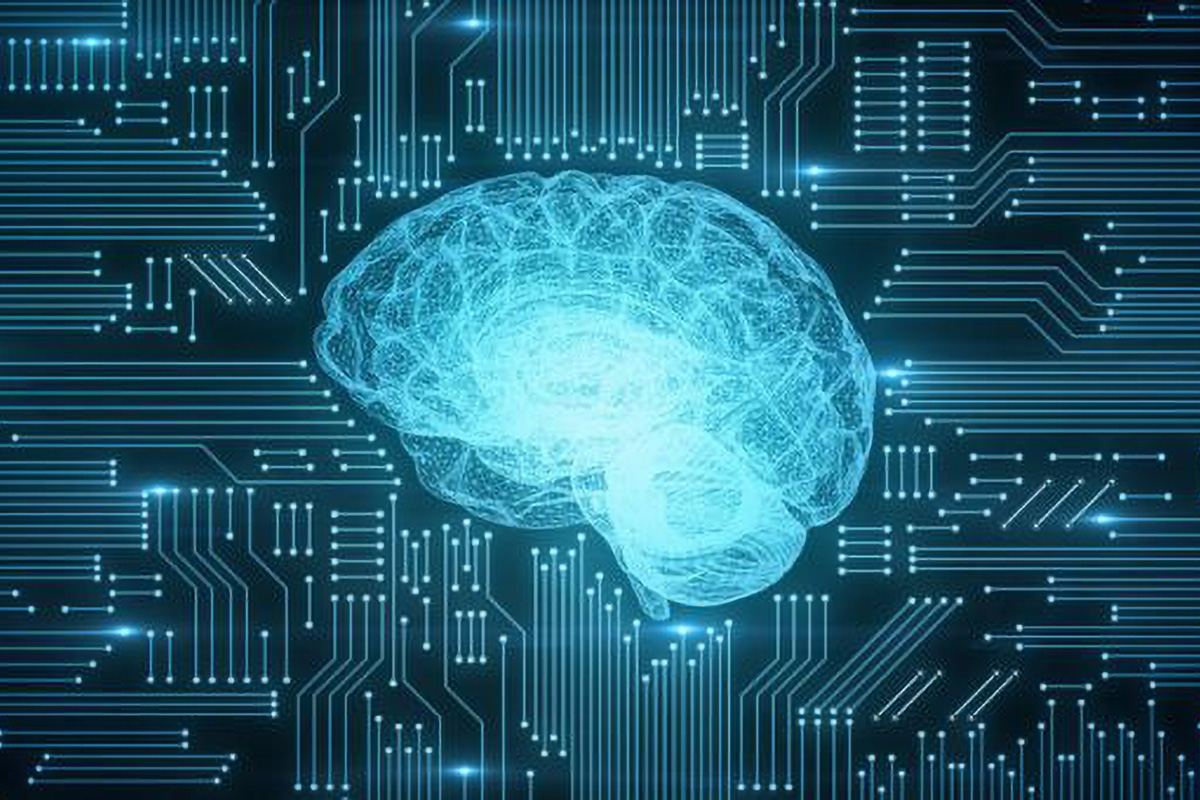
A crisis of trust?
A later version of this article appears in the Sunday Business Post on October 13. 2019.
Almost every day we seem to hear another lamentation about falling levels of trust in institutions, experts and science. The evidence however is surprisingly mixed, and suggests a more nuanced picture. Empirical surveys show that general levels of trust have actually increased slightly over the last few decades in large parts of northern and central Europe, although they have declined in Mediterranean countries.
Yet the perception is that levels of trust in governments, the media and business are decreasing, and it is also self-evident that we have a crisis of trust in certain specific areas, with a worrying tendency to ignore unwelcome expert advice. This was most tellingly captured in the British MP Michael Gove’s Brexit campaign soundbite that “the people have had enough of experts”, even though his quote was probably taken out of context, and intended to refer only to experts in economics.
A global survey by the market research company Ipsos last year found that scientists are considered the most trustworthy group of professionals, with doctors and teachers next on the list. Politicians, government ministers and advertising agents are deemed the least trustworthy. The survey revealed worrying signs of a breakdown of trust in specific areas of scientific and medical advice, with the drop in the uptake of measles vaccination probably the most high-profile example of how that has played out. (IPSOS Global Advisor 2018). A complex picture also emerges when we look at trust in science-based policies. For instance, while European surveys of social attitudes, including those in Ireland, indicate strong trust in the reality of climate science, this has not yet translated into effective environmental policies and actions. (European Social Survey, Issue 9, 2018)
How can we make sense of this confusing picture? First, we have to recognise that there are no simple answers. Trust itself, and the related notion of trustworthiness, are not simple concepts. Trust involves reliance on others, but reliance coupled with additional social and psychological considerations, and it is these additional factors that make it such an elusive concept to analyse.
Mere reliability is not enough; we can find an organisation or a person reliable, but not trustworthy if we doubt their motivations. As the philosopher Annette Baier pointed out, trusting is a form of reliance, but one that makes the trusting person dependent on the goodwill of those they trust. (Baier, A. 1986. “Trust or Anti-Trust”, Ethics Vol. 96, No. 2 pp. 231-260)
In trusting an expert we rely not just on their knowledge and training, but also on their integrity, honesty and benevolence. If there is a crisis of trust, then we should look for its causes in the failure of policy makers and experts to address the vulnerabilities involved in the act of trust, rather than placing the blame solely on a supposed knowledge deficit.
We should also remember that “science” and “expert opinion” have been used as cover for some truly evil acts in the past, so some level of scepticism and withholding of trust is justified.
There is undoubtedly a need to better inform the public about the how and why of science, the motivations of the scientists, and the self-correcting scepticism of the scientific method which underpins its epistemic claims. Scientific advice will only be trusted if the scientists are believed to be acting with integrity and in the better interests of society.
Conversely, the easiest way to discredit experts is to question their motivations (“they are only in it for the money” etc). The growth of social media has had a profound impact here. On the positive side, every citizen or organisation can now generate, publish and disseminate content. Lay people, and not just experts, talk about their research and take on some of the mantle of expertise. On the negative side, social media mostly provides little information about the evidence behind such claims, the methods used, or the motivations and expertise of the authors. This ‘context collapse’ makes it difficult, if not impossible, to check truth or judge trustworthiness.
Such context-free communication also allows us to easily fall into the psychological traps of echo-chambers and fosters the polarisation of opinions – something that is actively encouraged by the recommendation algorithms.
What is to be done? Trustworthy experts should demonstrate not only their competence, but also both their goodwill and appropriate epistemic humility. Rather than presenting “facts” and demanding blind belief, we need to convey the process of how science is actually done, the internal self-criticism that allows it to deliver the best available explanation compatible with the evidence, and the resulting high – but not absolute – level of certainty. We also need to be transparent as to motivations and funding, because suspicions as to hidden motives are immediately corrosive to trust.
Finally, and crucially, the social media networks must accept that they are responsible for the content they carry in the same way as traditional publishers and governments should not shirk their responsibility to impose standards.
This research on the topics of expertise and trust has been supported by the Irish Research Council, the Royal Irish Academy and the ALL European Academies (ALLEA). In February 2020 the authors will start a three-year multidisciplinary project, based in UCD, on Policy, Expertise and Trust – PEriTiA – with a 3 million euro Horizon 2020 funding.
Maria Baghramian,
Professor of American Philosophy,
University College Dublin
Luke Drury,
Emeritus Professor,
Dublin Institute for Advanced Studies


